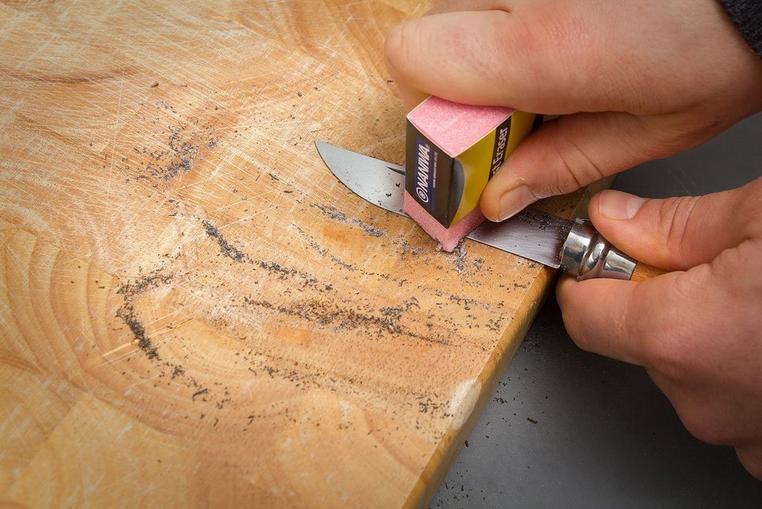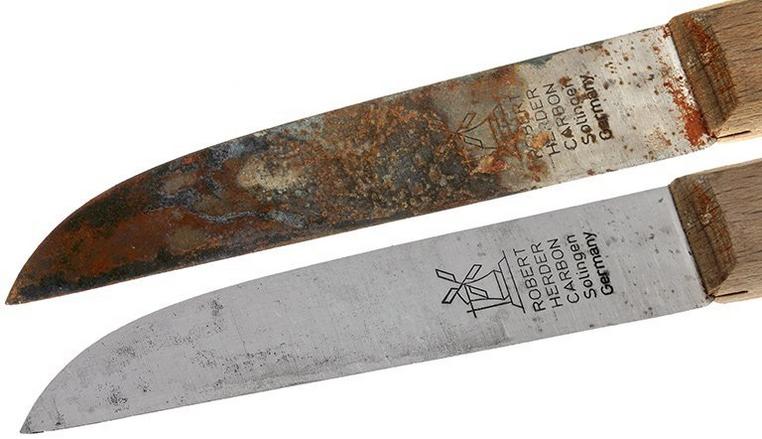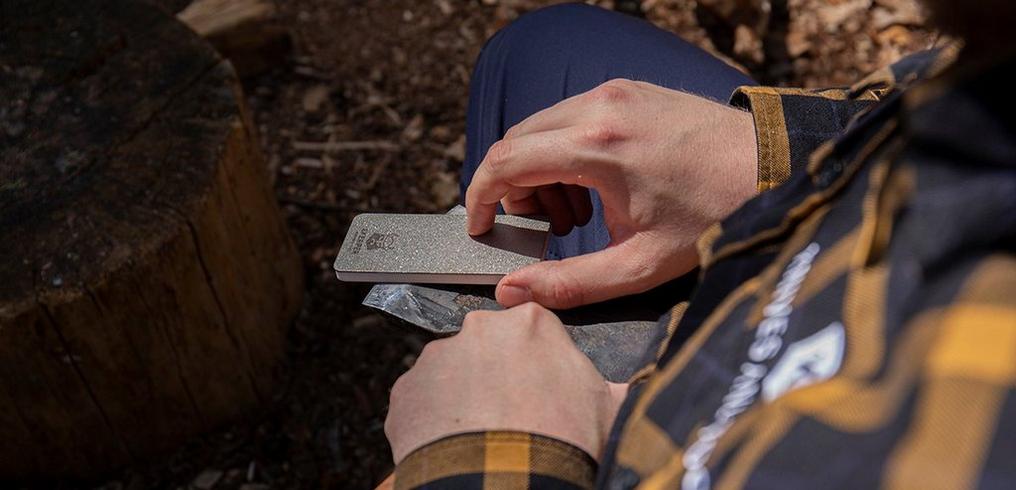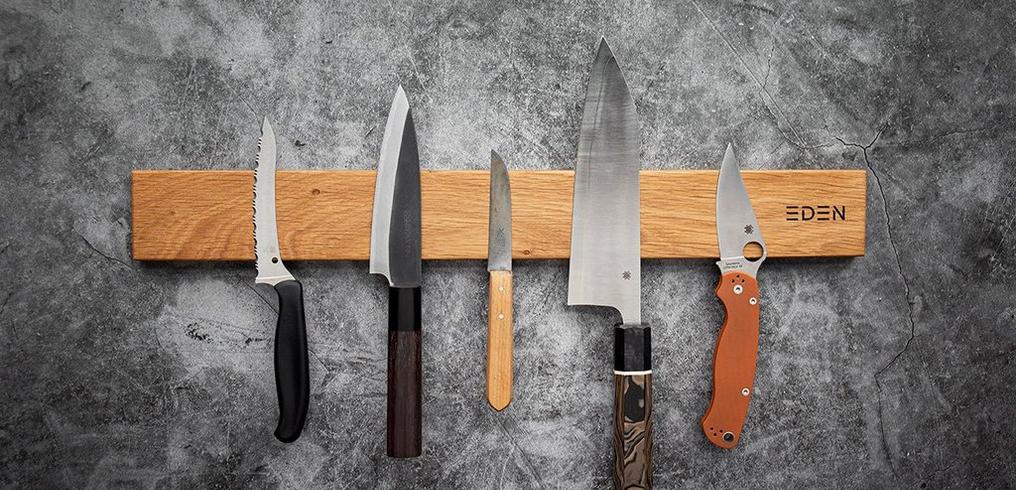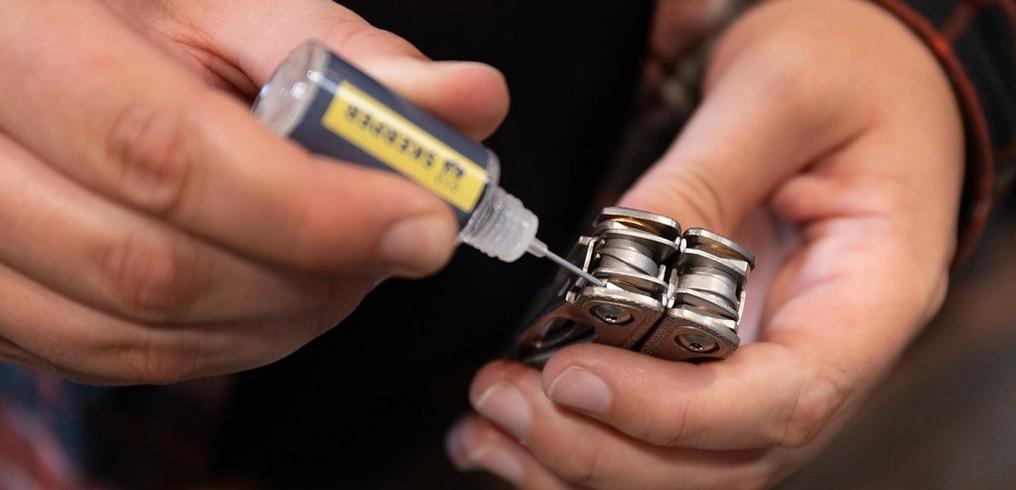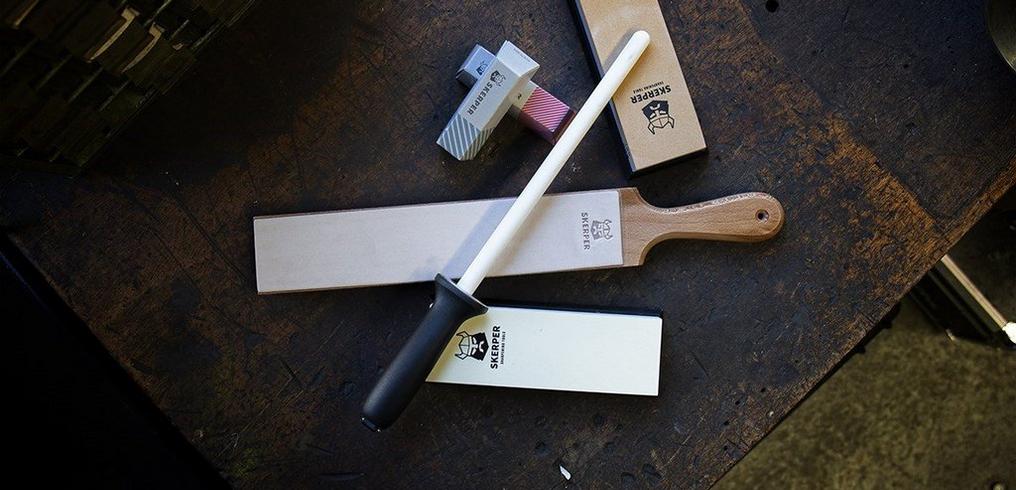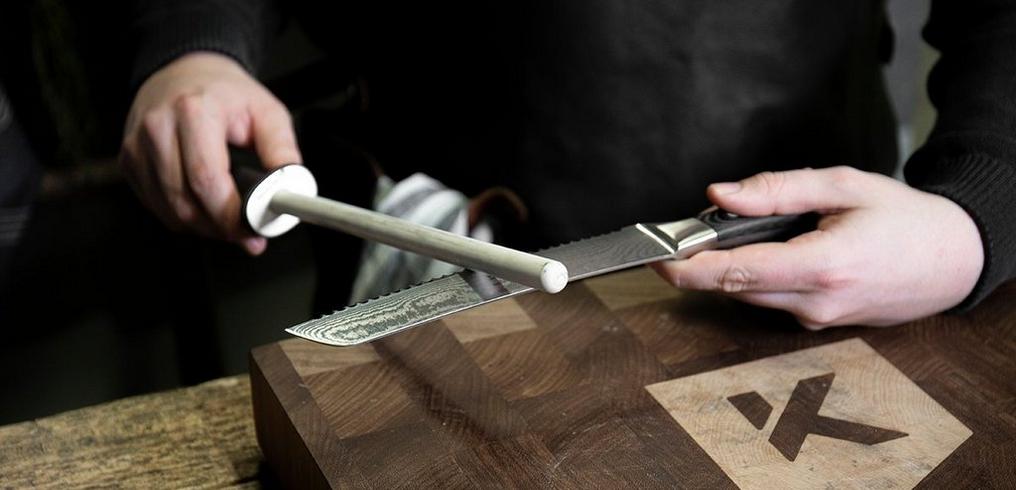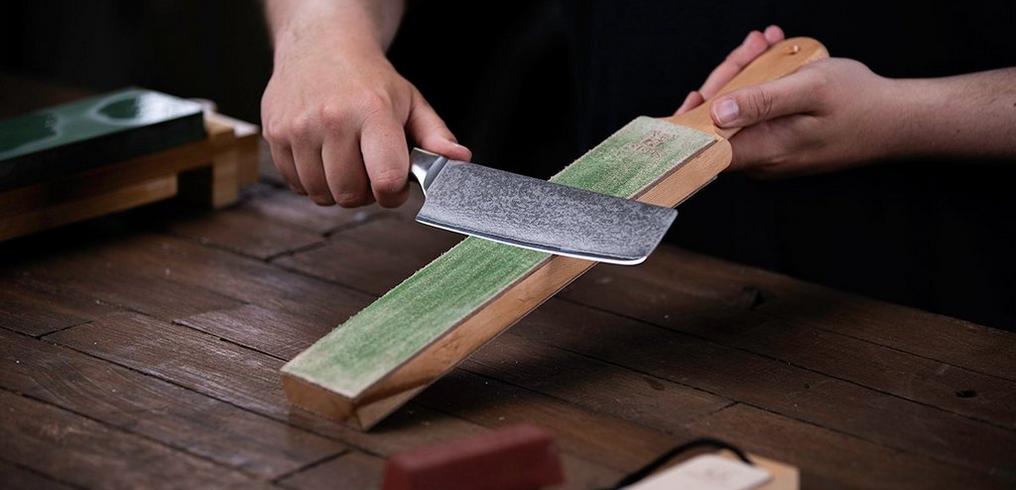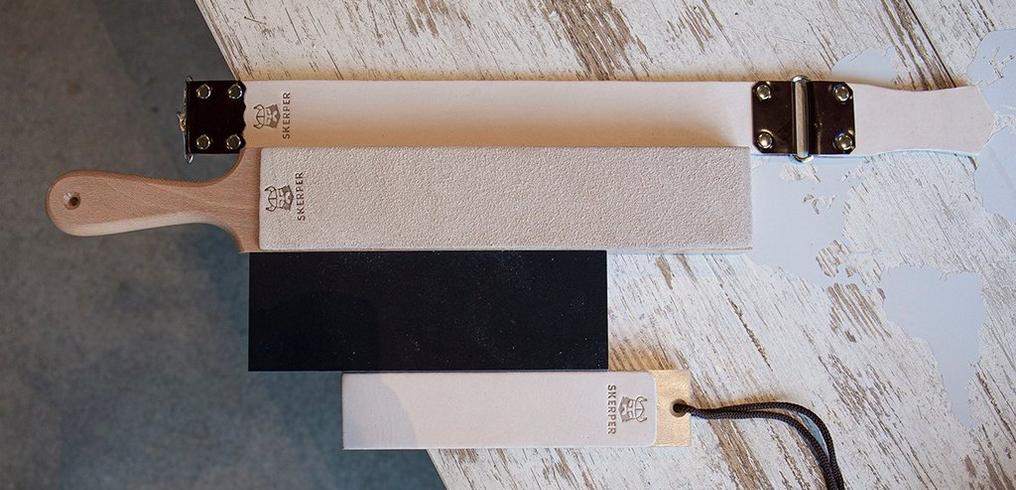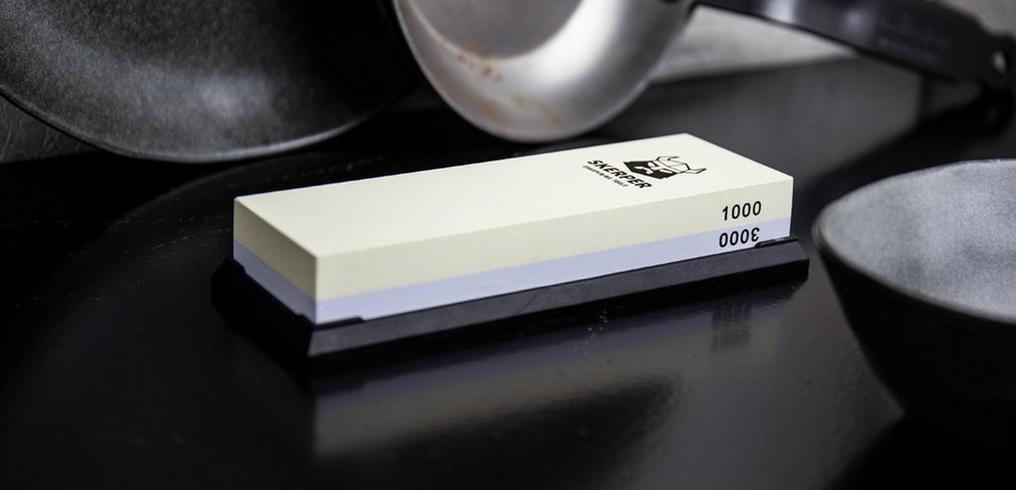50 Shades of Windmill knife: How do I keep the blade in good condition?
The Robert Herder Windmill knife is the most popular kitchen knife of the past 100 years. Celebrated for its extreme sharpness and the excellent value for money this is the best potato peeler there is.
The razor-like sharpness is achieved on one hand by the classic Solinger Dünnschliff; the very thinly sharpened edge from top to bottom of the entire blade. Also, the carbon steel which is used for the blade make this Windmill knife sharper than any other peeler!
Because of the relatively high carbon content in the steel, it is very hard but not stainless. It will discolour, especially when fruity acids touch the blade. Depending on what you cut with it, different shades of grey will appear on the blade. This is also known as patina and is nothing to be concerned about. The patina will make it a little less sensitive to rust. However, the knife will never become full stainless, so you will have to take care of it. This will also prevent the patina transferring to the product you are cutting.
Washing off a Windmill knife
After use you rinse the knife with a drop of dish soap and hot water. Clean it directly after dessert or breakfast or the knife will most certainly turn from grey to orange!
Never put it inside the dishwasher!
Don’t abuse your knife by putting it inside the dishwasher. The strong detergents will ruin the steel and the wooden handle also doesn’t like the heat and humid condition. The sharpness will also dramatically decline so we strongly advise against it.
Oil to keep it in top condition
When you regularly give the blade and handle a drop of oil the knife will stay in great shape. Especially when you won’t use the knife for quite some time, a little drop of oil will prevent the blade from rusting when inside your drawer. You can use different types of oil such as olive oil, sunflower oil or peanut oil. Traditionally in Japan the use Camelia oil used, which is a bit harder to come by over here.
Removing Rust
These tips will keep your Windmill knife free from rust. Should by accident some rust appear there’s a good way to solve it.
Method 1: Naniwa Rust Eraser
With the Naniwa Rust Eraser you can erase the rust as it were. The Eraser does polish the metal though, so be aware of small scratches. The knife will never be as new. Within a few minutes the blade will be completely free of rust and ready for use. When the rust has really bitten into the steel, you’ll notice the blade isn’t totally even anymore and it will have small dents.
We have been a little stupid. We must admit. We have dunked this Windmill knife in salted water and let it dry. And then again. And then again! Between dunkings we have waited a couple of days as well. We are not that clever.
The top photo was taken right before using the Rust Eraser and the photo on the bottom is the result after less than 5 minutes of erasing. You could sharpen it a little on a sharpening stone and then it a ready to cut like a charm again!
The Naniwa Rust Eraser can be used on all kinds of knives and tools.
Method 2: sharpening on a stone
With a high grit sharpening stone you can sharpen the blade to a great result and remove the rust as well. Since the whole blade is sharpened Dünnschliff, the side and edge can touch the stone. Gently sharpen the knife on both sides. Just make sure you clean the stone afterwards. Carbon residue can scratch the steel which would be a shame.
